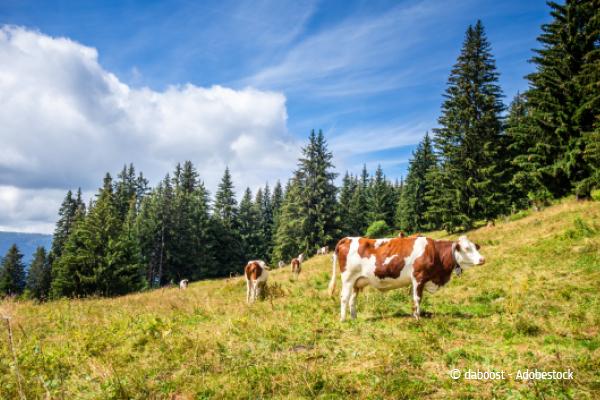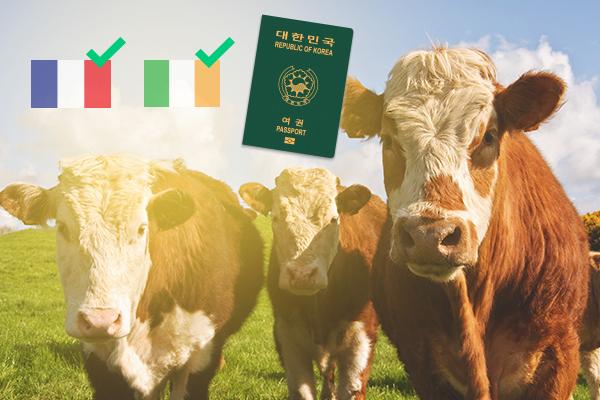Overview
The EU is a major producer of beef and veal with a total herd of around 78 million cattle. The EU supports its farmers through income support payments. Additionally, the EU uses a number of market measures to stabilise beef and veal markets when necessary.
Market measures in the beef sector
The European Commission may use public intervention to support beef prices if, over a representative period, the average market price in an EU country or in a region of an EU country drops below €2,224 per tonne. Additionally, the Commission may decide to grant private storage aid, if there is a drop in average prices, a substantial change in production costs or another factor causing significant changes in margins that is damaging to the sector.
The EU also has the power to use exceptional market support measures when specific circumstances mean that public support is required, for example, in cases of animal diseases or a loss of consumer confidence.
The EU also supports beef farmers through specific exemptions for producer organisations in the beef sector. Under certain conditions, producer organisations in the beef and veal sector may negotiate the extent of supply.
Related information
Producer and interbranch organisations
Trade with non-EU countries
Imports of beef and veal to the EU are organised by a system of tariff rate quotas. Quotas may be open to all ("Erga omnes") or allocated to a specific country. The management of these quotas may be on a first come/first served basis or regulated by a system of licenses.
EU-beef marketing standards applied by non-EU countries
Non-EU countries seeking to place bovine meat of less than 12 months on the EU market must comply with the EU’s veal marketing standards, as set out in Commission Regulation (EC) No 566/2008.
Any non-EU country wishing to avail of this provision must designate a competent authority (or authorities), or failing that, an independent third-party body, to approve and control an appropriate identification and registration system for the animals concerned. This system shall provide reliable information about the exact age of the animals and ensure that the appropriate EU marketing standards are applied. In addition, the non-EU country must provide a list of operators for whom they are carrying out checks to verify that the EU marketing standards are met.
In accordance with the Regulation, the United Kingdom* has notified the Commission of its competent authorities and has provided a list of the operators for whom they are carrying out checks.
* without prejudice to the application of Commission Regulation (EC) No 566/2008 to and in the United Kingdom in respect of Northern Ireland in accordance with Article 5(4), Annex 2, point 31, of the Protocol on Ireland and Northern Ireland to the Agreement on the withdrawal of the United Kingdom of Great Britain and Northern Ireland from the European Union and the European Atomic Energy Community (OJ L 29, 31.1.2020, p. 7).
Legal bases
Regulation (EU) 1308/2013 – establishing a common market organisation of the markets.
Commission Delegated Regulation (EU) 2017/1182 – EU scales for the classification of beef.
Commission Implementing Regulation (EU) 2017/1184 – rules for reporting of market prices of beef.
Market monitoring
The EU monitors the beef and veal market in order to identify market instability, provide accurate information to farmers and processors on the market situation and to help public policy decision making.
There is an EU wide system of carcass classification, which alongside price reporting and other statistical information is the basis of the EU's price monitoring system. This is also used as a basis for the grading of carcasses in slaughterhouses and fair payment to farmers.
Related information
Committees
Various committees, composed of government representatives and chaired by a European Commission representative, meet regularly to ensure that the Commission's responsibility for adopting implementing acts is exercised under the control of EU countries.
The committee for common organisation of agricultural markets meets regularly to discuss areas such as the evolution of market prices, production and trade in the EU and non-EU countries.
The civil dialogue group and working group on animal products maintains the role of assisting the Commission in maintaining a regular dialogue on all matters related to beef and veal.


